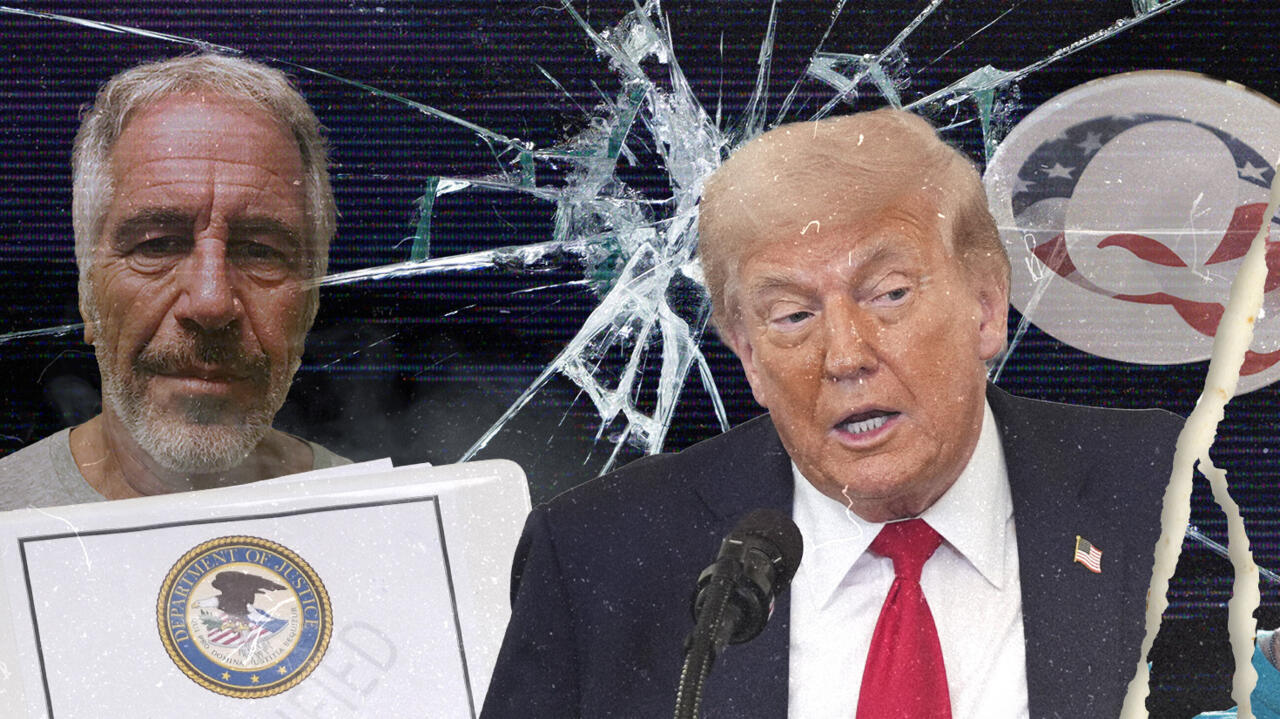White House and Republicans Accuse Democrats of Selective Document Leaks in Epstein Case to Mislead Public

Political tensions in Washington escalated as the White House and House Republicans accused Democrats of attempting to create a "misleading narrative" through selective leaks of emails from Jeffrey Epstein's archives.
These accusations followed the Democrats' release of just three emails from a vast collection. The disclosed documents did not identify "Victim Number 1," reportedly Virginia Giuffre, who testified this year that Donald Trump had never behaved inappropriately toward her, describing their interactions as "entirely kind."
In this context, White House spokesperson Caroline Levitt told the "New York Post": "Democrats have leaked selective messages to create a false narrative aimed at tarnishing President Trump's reputation. The mentioned victim has repeatedly confirmed that he did nothing wrong toward her."
Levitt further stated that this situation represents a "deliberate diversion" of public opinion regarding the resumption of government work, expressing outrage over the use of an old case "to undermine Trump's historical achievements."
According to a report from the "New York Post", several liberal media outlets, including the "New York Times" and "CNN", have extensively covered this limited leak, raising questions about the objectivity of their reporting.
Conversely, Republicans released the complete set of documents related to the case, totaling approximately 20,000 items. These included correspondence involving former President Bill Clinton, messages between Epstein and journalist Michael Wolff, as well as documents that they claim support Trump's narrative and refute allegations against him.
Virginia Giuffre, who worked at Mar-a-Lago where her father was the maintenance director, provided a detailed account in her posthumously published book titled "Nobody’s Girl". Giuffre wrote: "Trump could not have been kinder. He was happy I was there." She confirmed that she had not witnessed any illegal behavior on his part, stating that he helped her secure additional babysitting jobs for families renting Trump-owned properties.
Among the complete documents, a 2019 letter from Epstein to Wolff emerged, containing a clear admission: "Of course, he knew about the girls; he asked Ghislaine to stop." This text does not incriminate Trump but indicates he took a stance against any potential wrongdoing at Mar-a-Lago. Epstein also stated that Trump "asked him to leave" after discovering he was employing girls, a claim Trump later confirmed in public statements.
Last July, Trump provided his most detailed account of the incident: "When I learned he was attracting people who worked for me, I told him: we do not want you taking our employees. And with the repetition of this, I asked him to leave." Trump mentioned that Mar-a-Lago has "one of the best spas in the world" and that Epstein attempted to hire some of the workers there before being permanently banned from the property.
It is noteworthy that Trump's relationship with Epstein occurred in the 1990s and early 2000s but ended in the mid-2000s after a property purchase competition in Palm Beach. They reportedly did not meet again afterward, according to available documents and testimonies.
On Wednesday, a significant development occurred, with a bipartisan petition garnering 218 signatures, the necessary number to submit a resolution requiring the Department of Justice to release the Epstein files in full. However, even if the resolution passed in the House of Representatives, it would require approval from the Republican-controlled Senate and then Trump's signature.
What the messages and testimonies reveal, from Giuffre to Epstein's own confessions, indicates that Trump was not involved in any illegal activities and took steps to prevent Maxwell and Epstein from targeting girls at Mar-a-Lago, while also assisting the victim in finding safe employment.
While the Democrats' leak appears fragmented and incomplete, it is accused by Republicans of being an attempt to gain temporary political advantages amid ongoing political battles.
